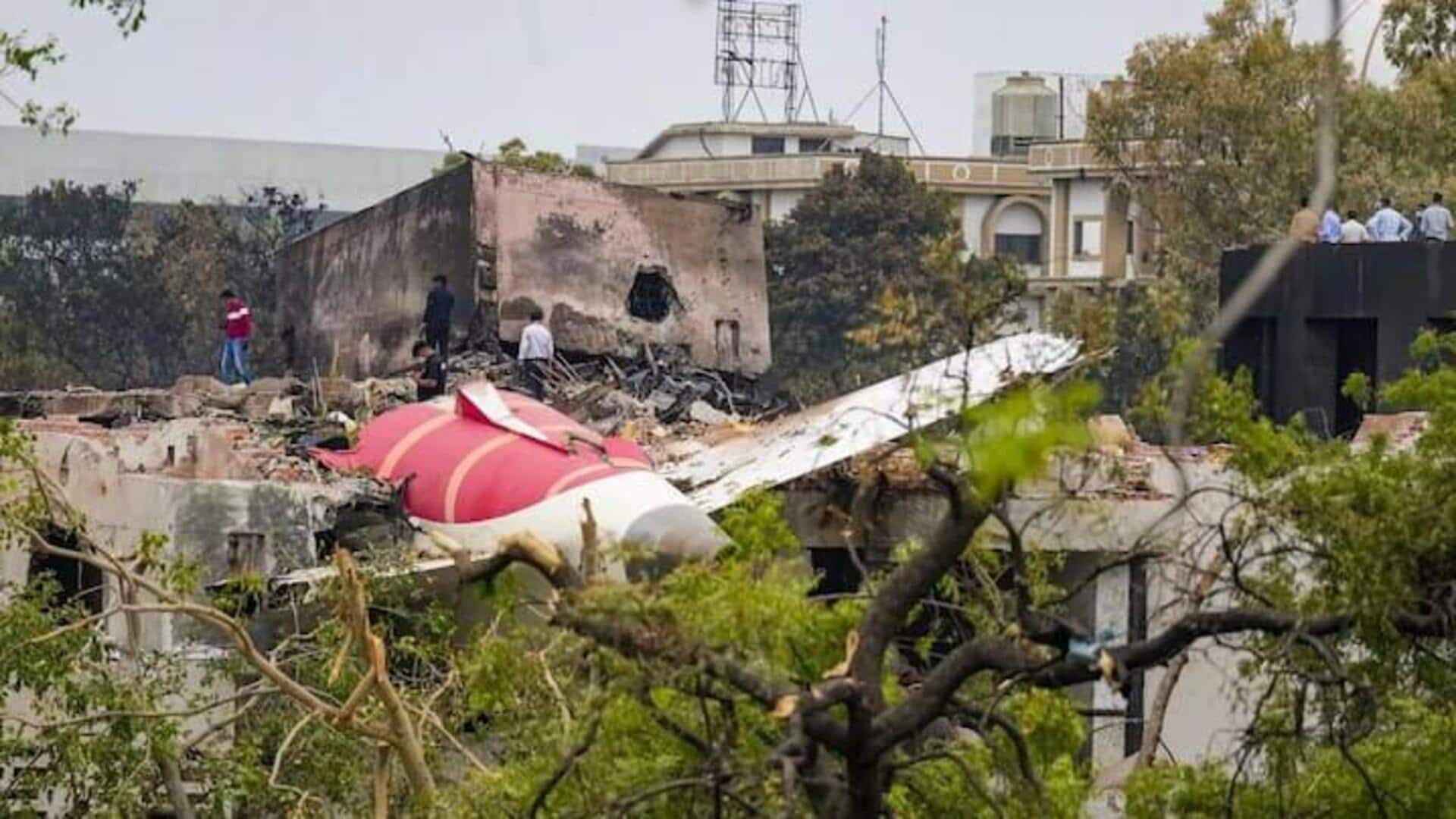
Fuel switch locks on Boeing aircraft are safe: FAA, Boeing
What's the story
The United States Federal Aviation Administration (FAA) and Boeing have both said that the fuel cutoff switch locks on Boeing aircraft are safe. The notifications were issued in the wake of a tragic accident involving Air India Flight 171 (a Boeing 787-8), which crashed in Ahmedabad on June 12, killing 260 people. The FAA's notification stated that while the locking feature is similar across several Boeing models, it doesn't consider this an "unsafe condition" requiring an airworthiness directive, per Reuters.
Safety assurance
FAA's continued airworthiness notification
The preliminary findings by India's Aircraft Accident Investigation Bureau (AAIB) said that just 50 seconds into the flight, the fuel switches were flipped to the cutoff position—a move generally done only after landing. The cockpit voice recorder captured one pilot asking the other why he cut off the fuel, to which his colleague replied that he had not. The switches flipped a second apart, which is roughly the time it takes to manually change one and then the other.
Boeing
Boeing reiterated the FAA's stance
Sources informed Reuters that Boeing reiterated the FAA's stance in a recent Multi-Operator Message to operators. However, the preliminary investigation highlighted a 2018 FAA recommendation that recommended but did not impose locking mechanism checks, which Air India reportedly did not undertake because they were not necessary. Both fuel switches were found in the run position, which indicated that both engines were attempting to relight before the incident.
Pilot experience
Pilot had over 15,000 hours of experience
The commanding pilot, Sumeet Sabharwal, had 15,638 hours of experience, while co-pilot Clive Kunder had 3,403 hours. A detailed report is expected later this year to clarify if pilot error or mechanical failure caused the accident. The inquiry team will continue to analyze more evidence, records, and information requested from stakeholders. Meanwhile, the Airline Pilots' Association of India (ALPA-India) has rejected the presumption of pilot error and called for a "fair, fact-based inquiry."